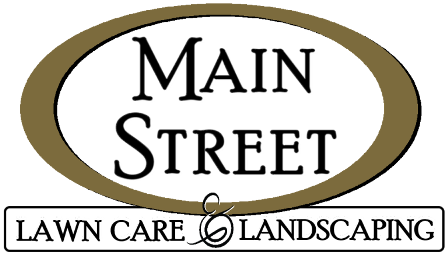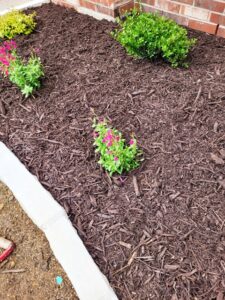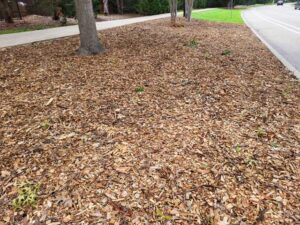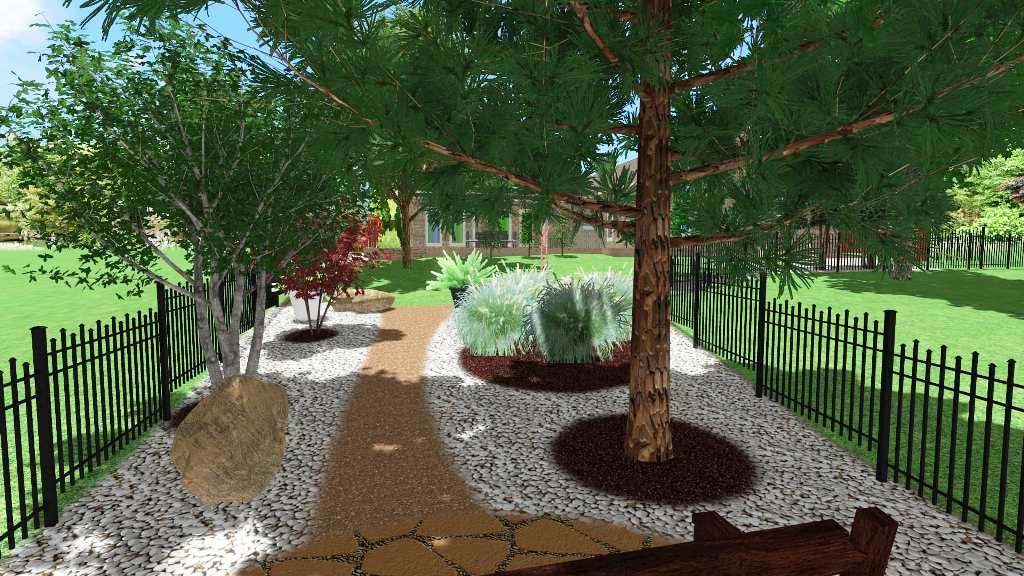
mainstreetlawn
How to Choose the Best Mulch for North Dallas Landscaping
In a highly landscaped area like North Dallas, installing mulch is a common occurrence and should be done at least once a year. Adding mulch to your garden beds insulates your plants and soil, helps to retain water, controls soil erosion, can suppress weed growth, and helps to make your lawn lower maintenance. However, not all mulches are created equally, and each type offers something a bit different. We will break down the different types of mulch for you below and provide you with some comparison information to help you know how to choose the best mulch for North Dallas landscaping. Specifically, we will take a closer look at: hardwood mulch, softwood mulch, bark mulch, rock mulch, and rubber mulch.
Hardwood Mulch
The most widely used mulch in North Dallas is hardwood mulch. Made from wood shavings or chips, hardwood mulch comes from trees with very hard wood, such as Oak and Maple trees. In its natural form, you will find hardwood mulch in brown. However, you can also find dyed hardwood mulch in red, black, and a dark brown.
Pros: The biggest reason most people tend to use hardwood mulch is that it’s the least expensive and lightweight. Hardwood mulch also tends to be more durable and retains less water than softwood mulch.
Cons: If using dyed hardwood mulch, the dye can pass into the soil of your garden bed and deplete the soil of nutrients. Make sure to buy good-quality mulch, as many of the cheap options are actually made with pallet wood.
Softwood Mulch
Softwood mulch is created from trees with softer wood, such as Pine and Cedar. These mulches tend to be lightweight and highly aromatic.
Pros: Softwood mulch is very lightweight, making for easy installation when planting new shrubs. The aroma from the mulch is a natural pest deterrent as well. Softwood mulch also brings acidity to your garden bed soil, which is great for some plants.
Cons: Softwood mulch, like cedar, is typically more expensive than hardwood mulch. There are fewer varieties and colors available when compared to hardwood mulch. Softwood mulch tends to expire faster than most other mulches.
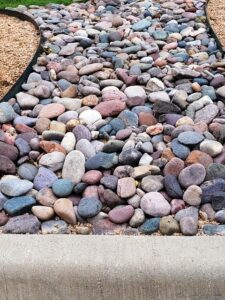
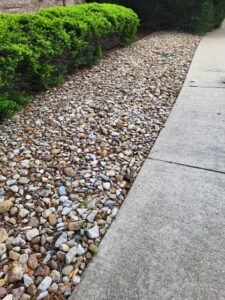
Bark Mulch
Bark mulch comes from the outer layer of tree bark. The bark used in mulch can be made from soft wood trees such as Pine or Cedar. Bark mulch can also be produced from the bark of hard wood trees like Oak or Maple. This mulch can be purchased in small chips or larger nuggets.
Pros: The most significant advantage of bark mulch is that it lasts a very long time. Bark mulch tends to be denser; therefore, it retains more water, which may help support some plants. This density can also help protect our North Texas plants from freezing temperatures.
Cons: Bark mulch is more expensive than shredded hardwood mulch. There is less variety in the colors available. Finally, the chunkier bark nuggets don’t cover as uniformly as shredded mulch.
Rock Mulch
Rock mulch is simply a layer of landscaping rock in your flower bed. Rock mulch could be something small, such as finely decomposed granite or pea gravel. You can also find rock mulch in medium-sized crushed limestone or native gravels. Rock mulch can also be large river rocks.
Pros: The most significant advantage of rock mulch is that it rarely needs replenishing and lasts a very long time. There is no shortage of color, size, and style options to choose from. Rock mulch is functional but also creates a design feature in your flower beds.
Cons: Rock mulch is an expensive investment. It’s very heavy. Unless you have access to a truck or trailer, it may require a special delivery and possibly hired labor to install. Rocks retain heat. Larger rocks retain a lot of heat. This can dry out the soil, requiring additional irrigation for your plants in the summer months. If you live in a warm climate, larger rocks should not be used around tender plants, as their heat can damage the foliage.
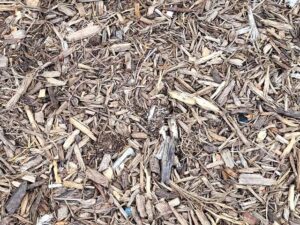
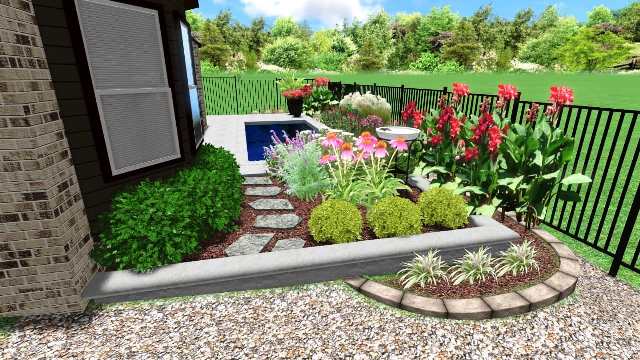
Rubber Mulch
Made from recycled tires, rubber mulch has been growing steadily in popularity. Similar in appearance to traditional mulch, rubber mulch can now be found in most big-box stores.
Pros: Rubber mulch is non-pourous, so it doesn’t retain the water that your plants need. There are a wide variety of colors available. Rubber mulch is an excellent option for playgrounds as it is a natural shock absorber. Rubber mulch can last ten years or longer.
Cons: Rubber mulch is expensive and may not be available in your area, requiring special delivery. It is not organic, with a bit of a “fake” look to it. Rubber doesn’t offer any additional nutrients to the soil and plants in your landscape bed. Rubber retains a lot of heat. Rubber mulch may contain chemical residue that is toxic to your plants.
Frequently Asked Questions About Mulch
How do you install mulch?
Install mulch using a shovel, rake, or by hand.
How thick should I install mulch?
Install mulch thick enough to provide your garden beds with a 2-inch layer of material.
Should I put something under the mulch?
It is not necessary to install anything directly under your mulch. However, having a landscaping fabric will provide an extra layer of weed prevention.
Can I just put new mulch over the old mulch?
Yes, you can install new mulch directly on top of your existing mulch. Wood and bark mulch decompose over time. However, it’s best not to exceed 3 total inches of mulching material.
Share this post
© 2024 · Main Street Lawn Care and Landscaping, LLC

